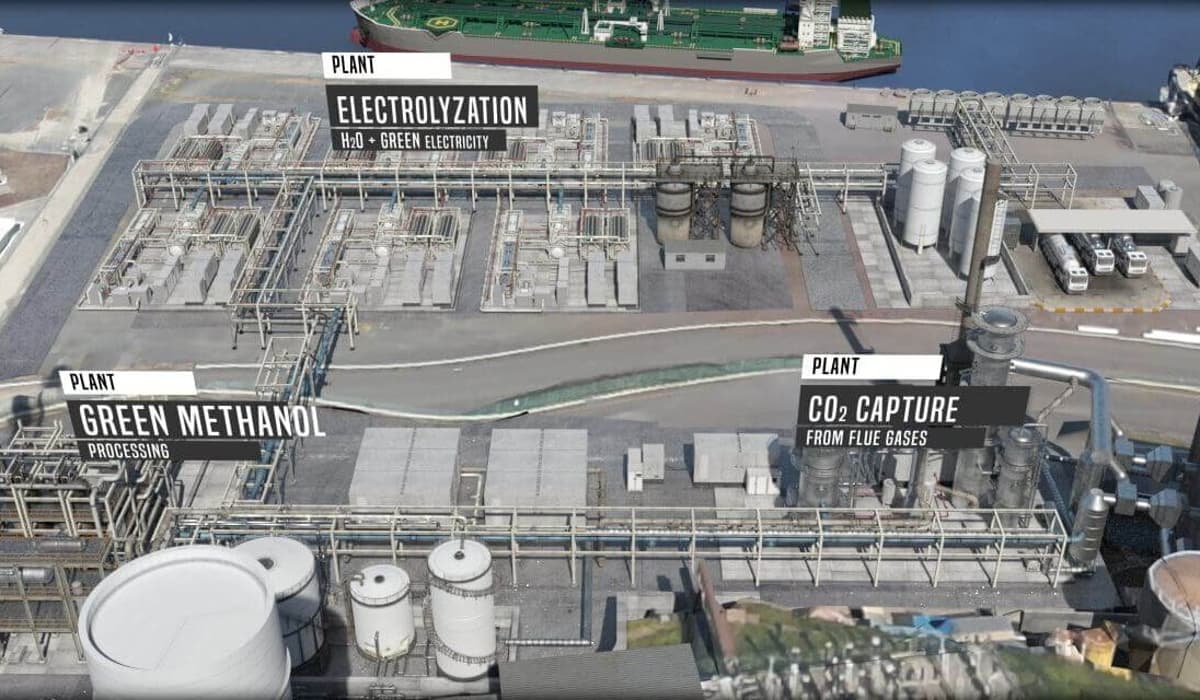Topsoe to Supply Synthesis Technology for Green Hydrogen-Based E-Methanol Plant in Spain
Key Ideas
- Forestal del Atlántico's Triskelion project in Galicia, Spain, will utilize Topsoe's synthesis technology to produce 40,000 tonnes of e-methanol annually by combining green hydrogen and captured CO2.
- The project, expected to reach a final investment decision in June 2025, has received a €49m grant from the EU Innovation Fund and aims to start production in January 2028.
- E-methanol is positioned as a key driver in decarbonising energy-intensive sectors like international shipping, offering a greener alternative to traditional marine fuels.
- The maritime industry is striving towards carbon neutrality, supported by the International Maritime Organization's revised targets to achieve Net Zero by 2050 and reduce GHG emissions by at least 20% by 2030.
Topsoe has been chosen to supply synthesis technology to Forestal del Atlántico's Triskelion project in Galicia, Spain. This project aims to establish a green hydrogen-based e-methanol plant with an annual production capacity of 40,000 tonnes. The initiative, backed by a €49m grant from the EU Innovation Fund, is set to kick off production in January 2028. By combining captured CO2 and green hydrogen, the plant will synthesize e-methanol, targeting industries like shipping and chemicals. Topsoe's technology will be instrumental in this process, providing e-methanol reactor and catalyst solutions. Forestal del Atlántico's CEO, Andrés Fuentes, expressed confidence in Topsoe's involvement, emphasizing the importance of decarbonization. E-methanol is highlighted as a cleaner alternative to traditional marine fuels, emitting less CO2 and already compatible with dual-fuel engines. The project aligns with efforts to reduce carbon emissions in energy-intensive sectors, particularly in international shipping. The maritime industry's shift towards carbon neutrality is accelerated by the IMO's revised targets, aiming for Net Zero emissions by 2050 and significant reductions by 2030 and 2040. The industry acknowledges the challenges ahead, with a focus on adopting zero or near-zero GHG emission technologies and fuels to achieve sustainability goals.
Topics
Green Hydrogen
Carbon Emissions
Decarbonisation
Shipping Industry
Global Trade
E-fuels
Methanol Production
EU Innovation Fund
Energy-intensive Sectors
Latest News
